Mozart: Piano concerto n. No. 21 in C major, K.467 Pollini-Muti - YouTube
Heinrich Cornelius Agrippa: Of Occult Philosophy, Book I, (part 4)
Chapter 66
Chapter lxvi. That the Passions of the mind are helped by a Celestiall season, and how necessary the Constancy of the mind is in every work.
The Passions of the mind are much helped, and are helpfull, and become most powerfull by vertue of the Heaven, as they agree with the heaven, either by any naturall agreement, or by voluntary Election
 . For, as saith Ptolomeus [Ptolomy], he which chooseth that which is the better, seems to differ nothing from him who hath this of nature. It conduceth therefore very much for the receiving of the benefit of the Heavens, in any work, if we shall by the Heaven make our selves sutable [suitable] to it in our thoughts, affections, imaginations, elections, deliberations, contemplations, and the like. For such like passions do vehemently stir up our spirit to their likeness, and suddenly expose us, and ours to the superior significators of such like passions; and also by reason of their dignity, and neerness to the superiors, do much more partake of the Celestials, then any materiall things. For our mind can through imaginations, or reason by a kind of imitation, be so conformed to any Star, as suddenly to be filled with the vertues of that Star, as if it were a proper receptacle of the influence thereof. Now the contemplating mind, as it withdraws it self from all sense, imagination, nature, and deliberation, and cals [calls] it self back to things separated, unless it exposeth it self to Saturn, is not of present consideration, or enquiry. For our mind doth effect divers things by faith, which is a firm adhesion, a fixt intention, and a vehement application of the worker, or receiver, to him that co-operates in any thing, and gives power to the work which we intend to do. So that there is made as it were in us the image of the vertue to be received, and the thing to be done in us, or by us. We must therefore in every work, and application of things, affect vehemently, imagine, hope, and believe strongly, for that will be a great help. And it is verified amongst Physitians [physicians], that a strong belief, and an undoubted hope, and love towards the Physitian [physician], and medicine, conduce much to health, yea more sometimes than the medicine it self. For the same that the efficacy, and vertue of the medicine works, the same doth the strong imagination of the Physitian [physician] work, being able to change the qualities in the body of the sick, especially when the patient placeth much confidence in the Physitian [physician], by that means disposing himself for the receiving of the vertue of the Physitian [physician], and Physick [=medicine]. Therefore he that works in Magick, must be of a constant belief, be credulous, and not at all doubt of obtaining the effect. For as a firm, and strong belief doth work wonderfull things, although it be in false works, so distrust and doubting doth dissipate, and break the vertu [vertue] of the mind of the worker, which is the medium betwixt both extreams, whence it happens, that he is frustrated of the desired influence of the superiors, which could not be joyned, and united to our labours without a firm, and solid vertue of our mind.
. For, as saith Ptolomeus [Ptolomy], he which chooseth that which is the better, seems to differ nothing from him who hath this of nature. It conduceth therefore very much for the receiving of the benefit of the Heavens, in any work, if we shall by the Heaven make our selves sutable [suitable] to it in our thoughts, affections, imaginations, elections, deliberations, contemplations, and the like. For such like passions do vehemently stir up our spirit to their likeness, and suddenly expose us, and ours to the superior significators of such like passions; and also by reason of their dignity, and neerness to the superiors, do much more partake of the Celestials, then any materiall things. For our mind can through imaginations, or reason by a kind of imitation, be so conformed to any Star, as suddenly to be filled with the vertues of that Star, as if it were a proper receptacle of the influence thereof. Now the contemplating mind, as it withdraws it self from all sense, imagination, nature, and deliberation, and cals [calls] it self back to things separated, unless it exposeth it self to Saturn, is not of present consideration, or enquiry. For our mind doth effect divers things by faith, which is a firm adhesion, a fixt intention, and a vehement application of the worker, or receiver, to him that co-operates in any thing, and gives power to the work which we intend to do. So that there is made as it were in us the image of the vertue to be received, and the thing to be done in us, or by us. We must therefore in every work, and application of things, affect vehemently, imagine, hope, and believe strongly, for that will be a great help. And it is verified amongst Physitians [physicians], that a strong belief, and an undoubted hope, and love towards the Physitian [physician], and medicine, conduce much to health, yea more sometimes than the medicine it self. For the same that the efficacy, and vertue of the medicine works, the same doth the strong imagination of the Physitian [physician] work, being able to change the qualities in the body of the sick, especially when the patient placeth much confidence in the Physitian [physician], by that means disposing himself for the receiving of the vertue of the Physitian [physician], and Physick [=medicine]. Therefore he that works in Magick, must be of a constant belief, be credulous, and not at all doubt of obtaining the effect. For as a firm, and strong belief doth work wonderfull things, although it be in false works, so distrust and doubting doth dissipate, and break the vertu [vertue] of the mind of the worker, which is the medium betwixt both extreams, whence it happens, that he is frustrated of the desired influence of the superiors, which could not be joyned, and united to our labours without a firm, and solid vertue of our mind.
+
Mozart - 12 Variations in C Major 'Ah vous dirai-je, Maman' K.265 (Twinkle, Twinkle Little Star) - YouTube
http://www.energeticforum.com/psychi...tml#post211465

http://www.energeticforum.com/psychi...tml#post194573
Heinrich Cornelius Agrippa: Of Occult Philosophy, Book I, (part 4)
Chapter 66
Chapter lxvi. That the Passions of the mind are helped by a Celestiall season, and how necessary the Constancy of the mind is in every work.
The Passions of the mind are much helped, and are helpfull, and become most powerfull by vertue of the Heaven, as they agree with the heaven, either by any naturall agreement, or by voluntary Election

 . For, as saith Ptolomeus [Ptolomy], he which chooseth that which is the better, seems to differ nothing from him who hath this of nature. It conduceth therefore very much for the receiving of the benefit of the Heavens, in any work, if we shall by the Heaven make our selves sutable [suitable] to it in our thoughts, affections, imaginations, elections, deliberations, contemplations, and the like. For such like passions do vehemently stir up our spirit to their likeness, and suddenly expose us, and ours to the superior significators of such like passions; and also by reason of their dignity, and neerness to the superiors, do much more partake of the Celestials, then any materiall things. For our mind can through imaginations, or reason by a kind of imitation, be so conformed to any Star, as suddenly to be filled with the vertues of that Star, as if it were a proper receptacle of the influence thereof. Now the contemplating mind, as it withdraws it self from all sense, imagination, nature, and deliberation, and cals [calls] it self back to things separated, unless it exposeth it self to Saturn, is not of present consideration, or enquiry. For our mind doth effect divers things by faith, which is a firm adhesion, a fixt intention, and a vehement application of the worker, or receiver, to him that co-operates in any thing, and gives power to the work which we intend to do. So that there is made as it were in us the image of the vertue to be received, and the thing to be done in us, or by us. We must therefore in every work, and application of things, affect vehemently, imagine, hope, and believe strongly, for that will be a great help. And it is verified amongst Physitians [physicians], that a strong belief, and an undoubted hope, and love towards the Physitian [physician], and medicine, conduce much to health, yea more sometimes than the medicine it self. For the same that the efficacy, and vertue of the medicine works, the same doth the strong imagination of the Physitian [physician] work, being able to change the qualities in the body of the sick, especially when the patient placeth much confidence in the Physitian [physician], by that means disposing himself for the receiving of the vertue of the Physitian [physician], and Physick [=medicine]. Therefore he that works in Magick, must be of a constant belief, be credulous, and not at all doubt of obtaining the effect. For as a firm, and strong belief doth work wonderfull things, although it be in false works, so distrust and doubting doth dissipate, and break the vertu [vertue] of the mind of the worker, which is the medium betwixt both extreams, whence it happens, that he is frustrated of the desired influence of the superiors, which could not be joyned, and united to our labours without a firm, and solid vertue of our mind.
. For, as saith Ptolomeus [Ptolomy], he which chooseth that which is the better, seems to differ nothing from him who hath this of nature. It conduceth therefore very much for the receiving of the benefit of the Heavens, in any work, if we shall by the Heaven make our selves sutable [suitable] to it in our thoughts, affections, imaginations, elections, deliberations, contemplations, and the like. For such like passions do vehemently stir up our spirit to their likeness, and suddenly expose us, and ours to the superior significators of such like passions; and also by reason of their dignity, and neerness to the superiors, do much more partake of the Celestials, then any materiall things. For our mind can through imaginations, or reason by a kind of imitation, be so conformed to any Star, as suddenly to be filled with the vertues of that Star, as if it were a proper receptacle of the influence thereof. Now the contemplating mind, as it withdraws it self from all sense, imagination, nature, and deliberation, and cals [calls] it self back to things separated, unless it exposeth it self to Saturn, is not of present consideration, or enquiry. For our mind doth effect divers things by faith, which is a firm adhesion, a fixt intention, and a vehement application of the worker, or receiver, to him that co-operates in any thing, and gives power to the work which we intend to do. So that there is made as it were in us the image of the vertue to be received, and the thing to be done in us, or by us. We must therefore in every work, and application of things, affect vehemently, imagine, hope, and believe strongly, for that will be a great help. And it is verified amongst Physitians [physicians], that a strong belief, and an undoubted hope, and love towards the Physitian [physician], and medicine, conduce much to health, yea more sometimes than the medicine it self. For the same that the efficacy, and vertue of the medicine works, the same doth the strong imagination of the Physitian [physician] work, being able to change the qualities in the body of the sick, especially when the patient placeth much confidence in the Physitian [physician], by that means disposing himself for the receiving of the vertue of the Physitian [physician], and Physick [=medicine]. Therefore he that works in Magick, must be of a constant belief, be credulous, and not at all doubt of obtaining the effect. For as a firm, and strong belief doth work wonderfull things, although it be in false works, so distrust and doubting doth dissipate, and break the vertu [vertue] of the mind of the worker, which is the medium betwixt both extreams, whence it happens, that he is frustrated of the desired influence of the superiors, which could not be joyned, and united to our labours without a firm, and solid vertue of our mind.+
Mozart - 12 Variations in C Major 'Ah vous dirai-je, Maman' K.265 (Twinkle, Twinkle Little Star) - YouTube
http://www.energeticforum.com/psychi...tml#post211465
Agrippa considered six as a perfect number (191). Since the number 66 is a doubling of the number 6, it can be viewed as a doubling of perfection or a symbolic representation of achieving perfect balance. Further, when the two sixes are added together, the result is 12, and when 1 and 2 are combined, the result is 3. Thus, the entire charm can be reduced to a complete symbol of the divine trinity.

http://www.energeticforum.com/psychi...tml#post194573
Originally posted by MonsieurM
View Post


.jpg/340px-Gaea_(by_Christophe_Vacher).jpg)
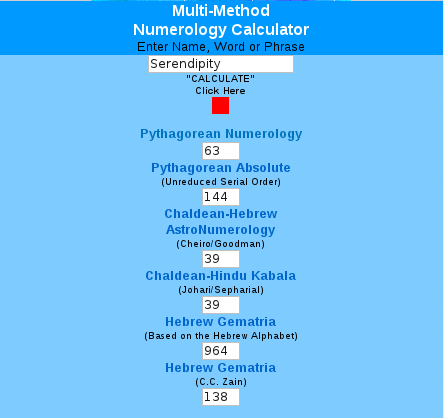





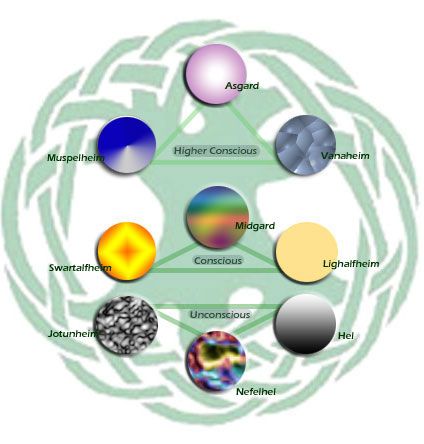
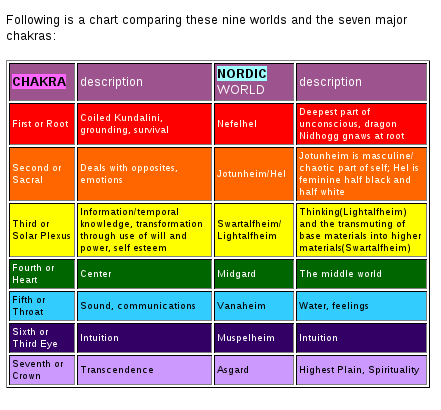


 ( Language of the Birds )
( Language of the Birds ) 




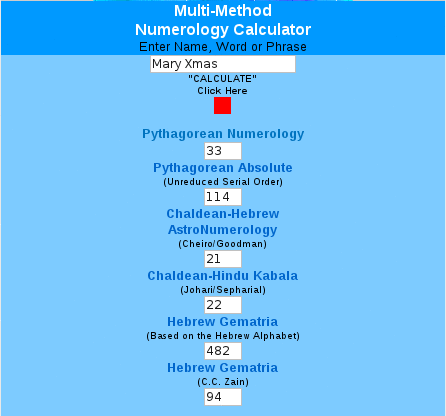

 ,
, 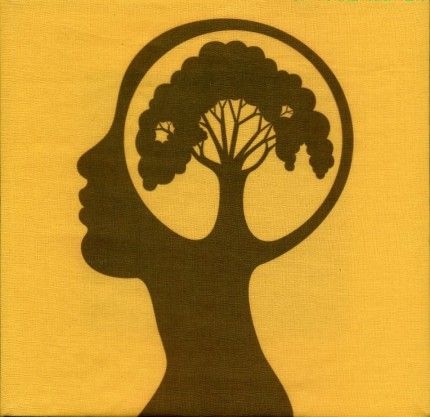

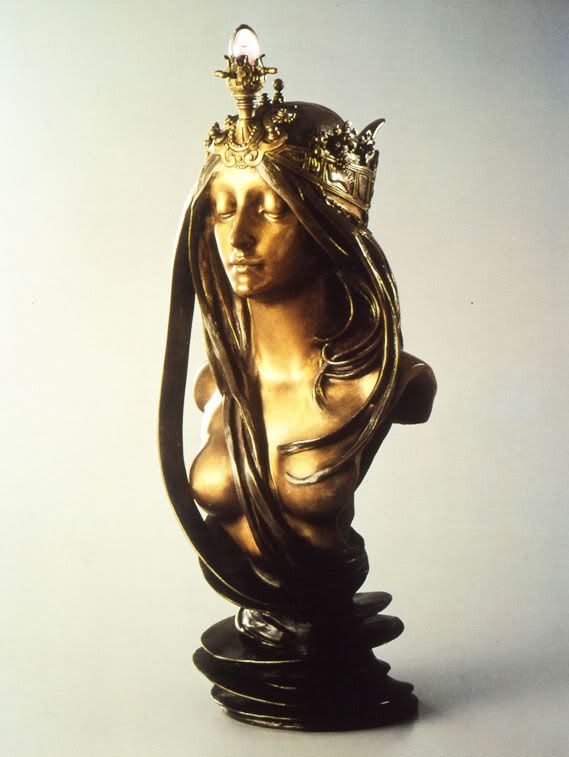


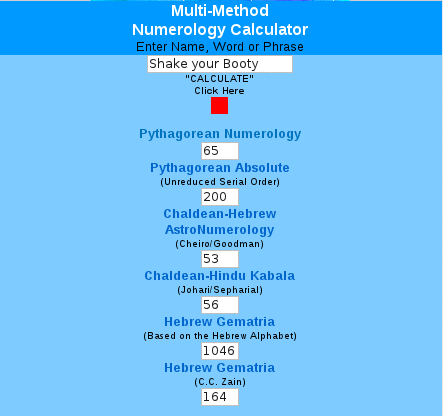





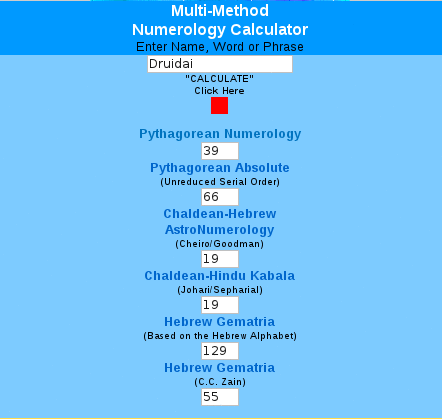

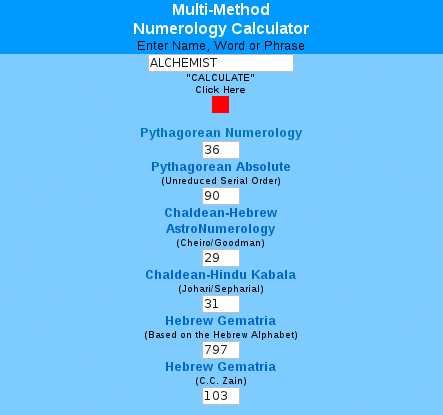


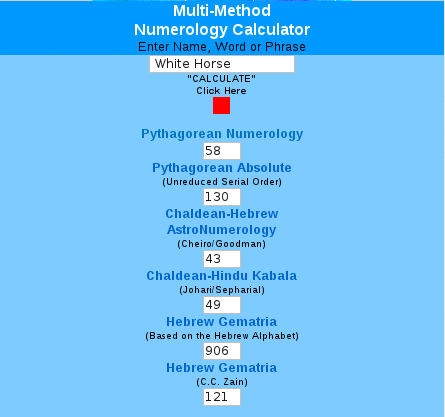
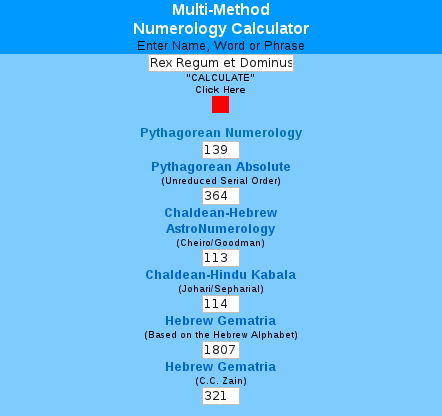

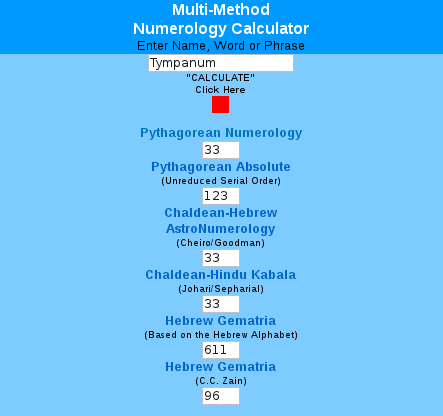
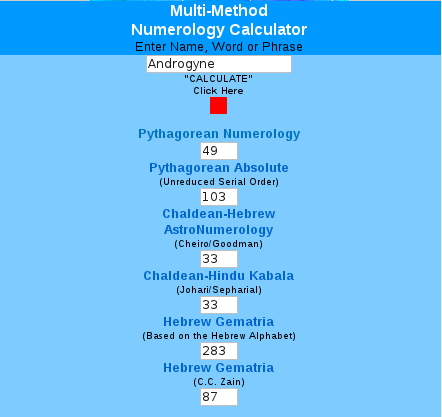
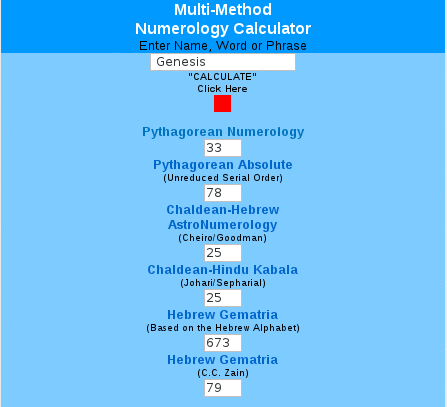




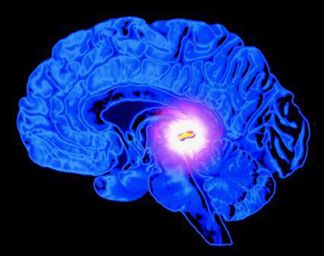
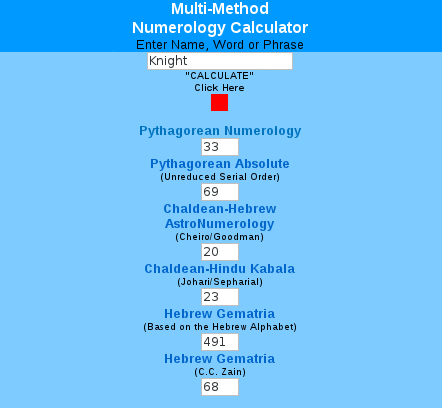



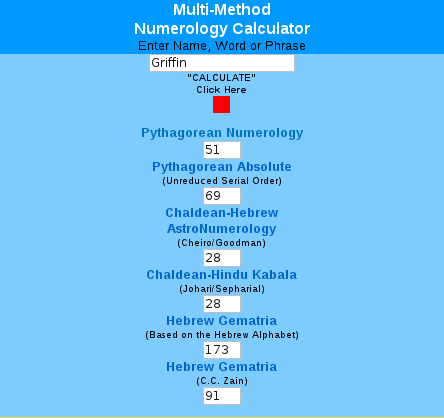
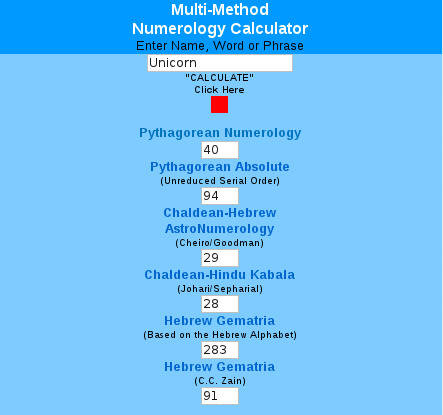


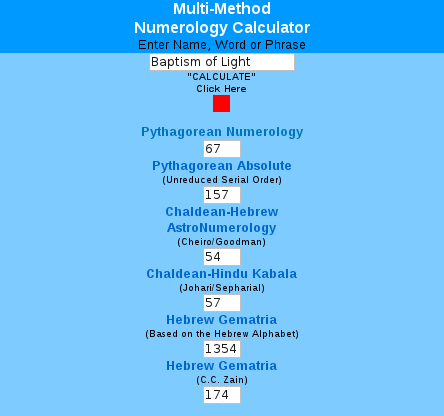
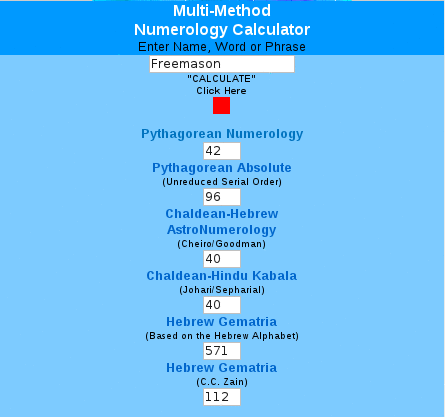

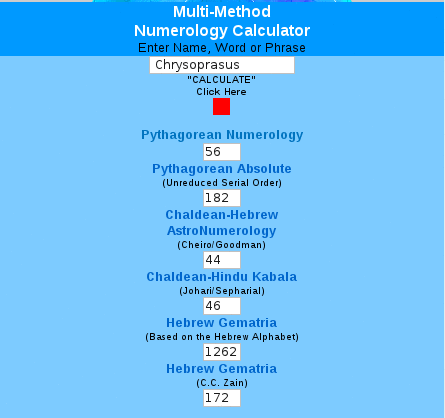
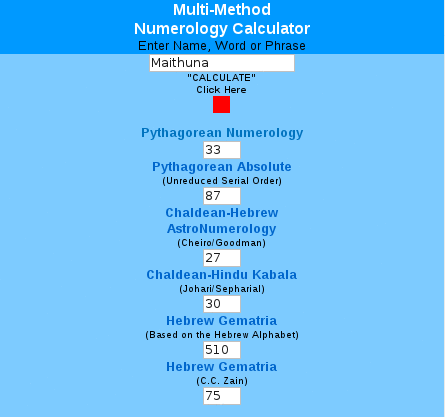

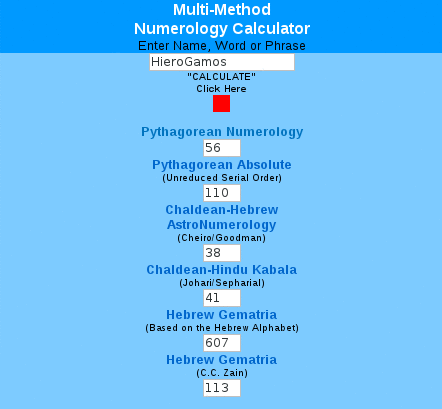


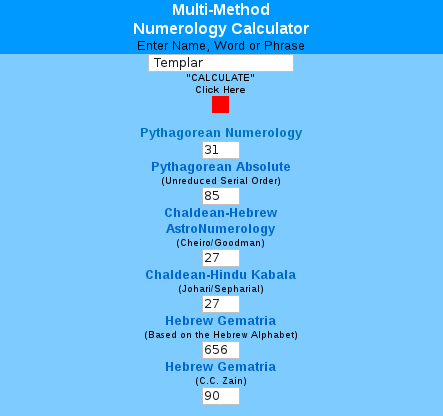
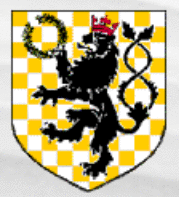
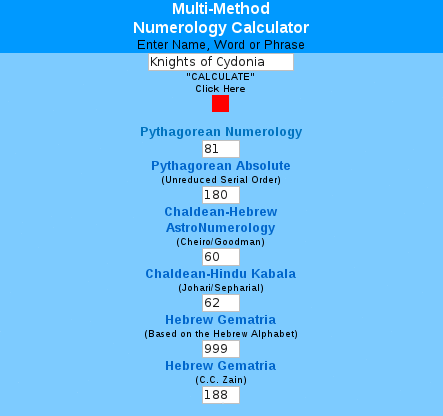


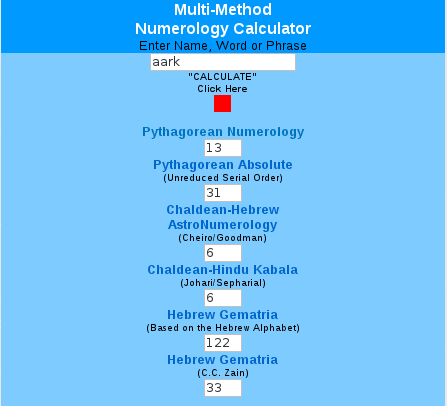





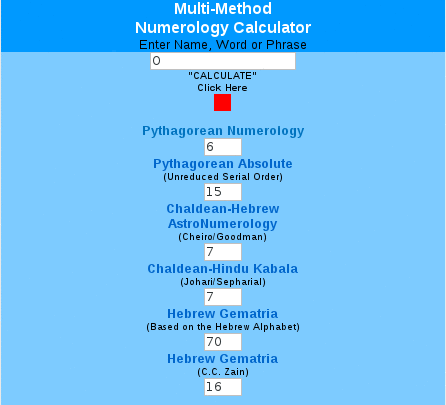

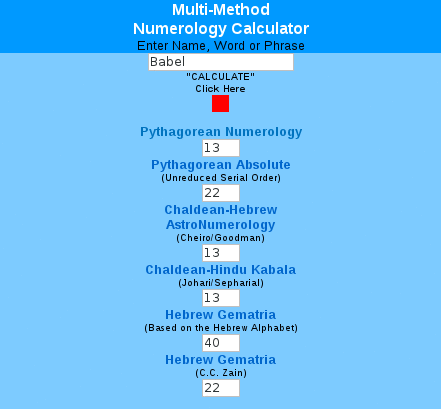
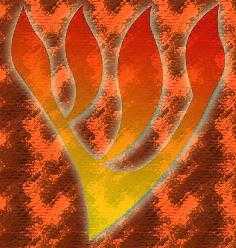
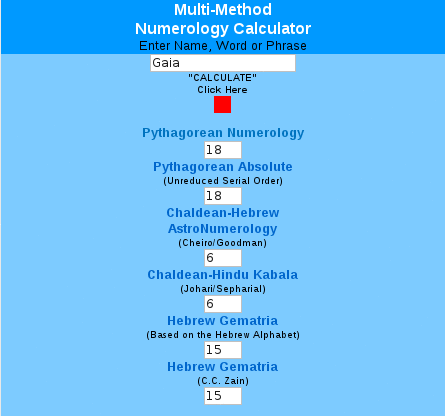



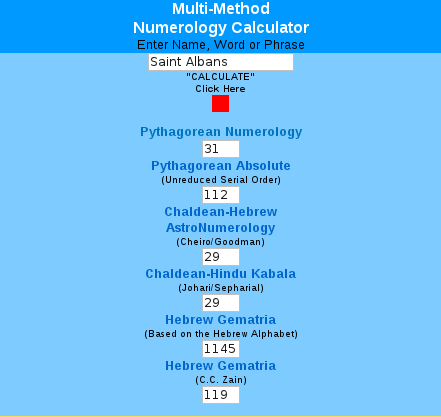
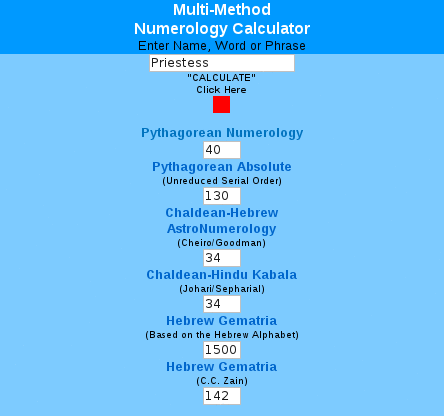
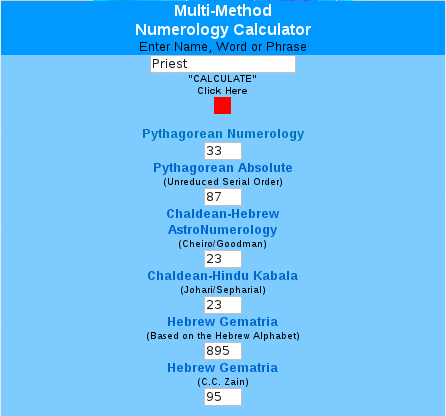



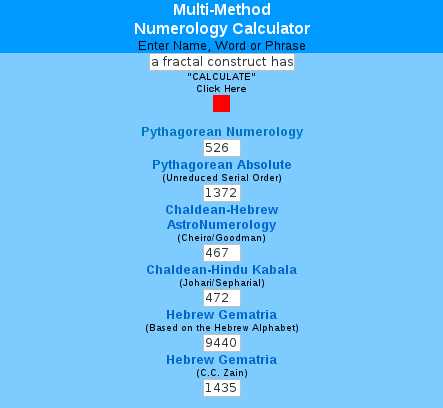


Comment